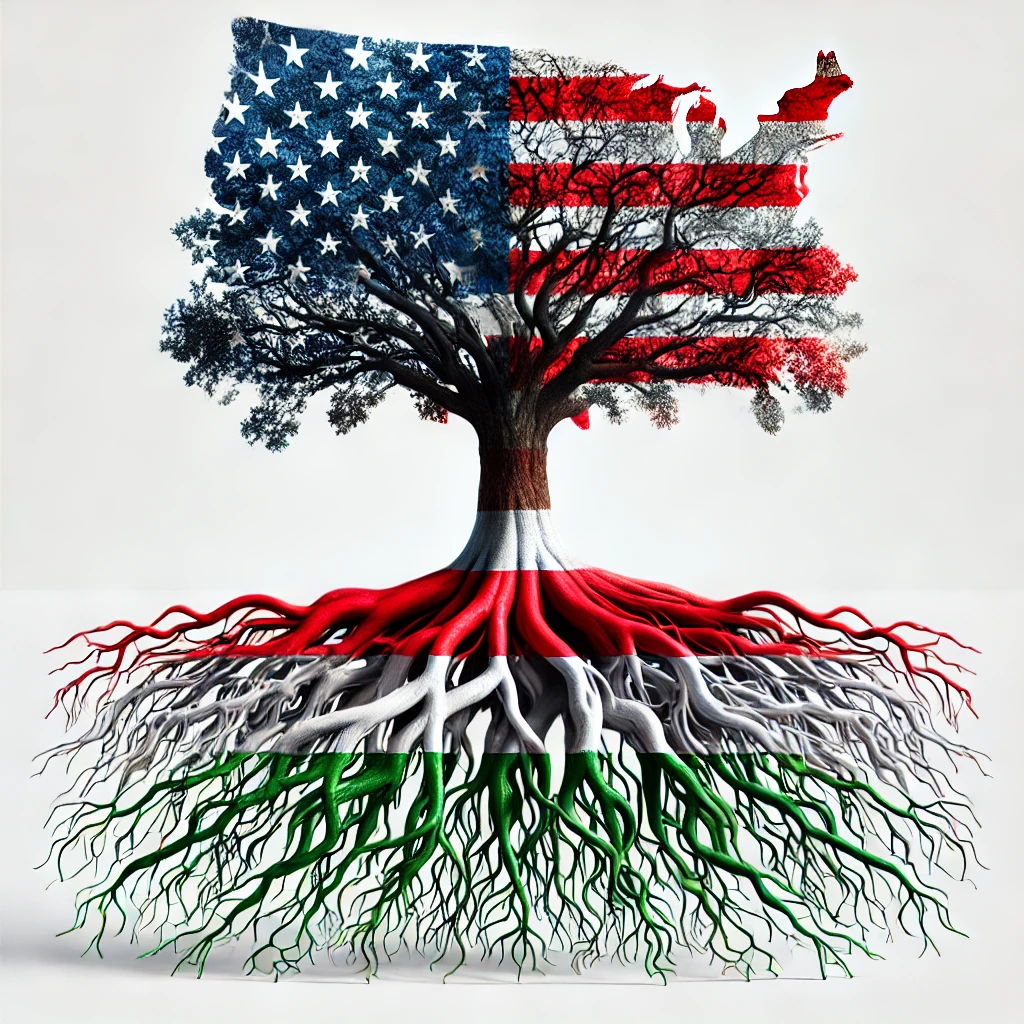
In memoriam, let us remember with respect on the anniversary of his birth, the Hungarian soldier who showed the nature of Hungarian valor thousands of kilometers away from his homeland…
Számwald Gyula was born in Szeged on 5 November 1827, and died in New York, USA, on 4 December 1912. You can also find him under the names Gyula Stahel, and Julius H. Stahel-Számwald. He served as a Hungarian lieutenant-general in the Hungarian War of Independence of 1848-49, and in the American Civil War, he was a major-general of the North, a diplomat of the United States of America, and received the Medal of Honor.
His life in Hungary
His father was Számvald András Pál (Mosonmagyaróvár), his mother was Nagy Barbara( 1801-1828); his sister Hermina Elisa Paulina (the orphan Számvald Gyula was raised by Ágoston Alojzia, his father’s second wife). He took the name “Stahel” in London, in 1855. His wife was Emilia Zeilinger (divorced, known by her former husband’s name).
Before the 1848 Revolution, he had a bookshop in Pest. He was good friends with Petőfi Sándor. The poet wrote his poem “In a Bookseller’s Memory Book” to him.
In the War of Independence, he was a lieutenant in the division of Guyon Richárd. He was wounded at the Battle of Branyiszkó. According to Lukács Lajos, he served only under Guyon. Várdy Béla says that he served in the armies of Bem and Guyon. He fought in the corps of Klapka György and Guyon according to Ács Tivadar.
Vasváry Ödön says that he fought in the corps of Görgey Artur and Guyon. Bona Gábor claims that he was only a private at Branyiszkó and writes that he supposedly became a lieutenant.

He worked as a journalist in Leipzig after the fall of the Revolution. He returned home briefly, then emigrated again in 1855, first to London and then to New York. In America, he also worked as a newspaper writer.
When President Lincoln issued his call for volunteer troops, he began organizing the 8th New York Infantry Regiment in May 1861. He commanded this regiment at the First Battle of Bull Run on July 21, 1861. Hungarians also served in his regiment, including Lieutenant Colonel Pokorny Antal.
Pictured below are Számwald Gyula, Louis Blenker, and Felix Salm-Salm, Prince of Prussia, American volunteers and officers of the 8th New York Volunteer Regiment. Számwald is fifth from left, Blenker sixth, and Salm-Salm seventh.

He took part in many battles of the Civil War, distinguishing himself particularly at the Battle of the Cross Keys on June 8, 1862, and at the Battle of Piedmont on June 5, 1864. For the latter, he was awarded the Medal of Honor, the highest American military decoration, in 1893.
His heroism and talent for military leadership were already recognized during the Civil War, and he was appointed Brigadier General on 12 November 1861 and Major General on 14 March 1863. He was one of seven Hungarian-born generals of the American Civil War.

In the Piedmont fight, his left arm was shattered by a bullet. His wounds healed, but it was the end of his military career. He then served as a court-martial judge advocate until the end of the Civil War, and after the war, he became US Consul General in Japan and then in Shanghai. Interestingly, his Civil War opponent, John S. Mosby, was consul in Hong Kong at the same time, and the former adversaries were good friends.
He remained in the diplomatic service until 1885 when he returned to New York in the United States. In New York he became a highly regarded senior officer of the Equitable Life Insurance Company. The American socialites embraced the Civil War general, and American politicians, especially the leaders of the Republican Party, sought his views.
The Hungarian American contemporary witnesses of the great times, Rózsafy Mátyás, Gaál Sándor, Figyelmessy Fülöp, visited him when they were in New York at the St. James Hotel, Stahel’s permanent residence. It was in this hotel that Pivány Jenő visited him, and at Pivány’s request, Stahel bequeathed his correspondence, appointment documents, and memorabilia to the Hungarian National Museum.
In 1896, Stahel visited his home country for the Millennium celebrations but was not recognized at home.

Stahel lived out his old age peacefully in New York, sitting in the lobby of his lodgings in the evenings, chatting with his American friends, who enjoyed listening to his reminiscences of President Abraham Lincoln, General Ulysses S. Grant, etc. He was blessed with a quiet, happy old age. He died in 1912, and was laid to rest in Arlington National Cemetery in Washington, D.C., with military honors, the military honored him with a volley of 21 shots from cannons. President Wilson’s wreath was placed on his coffin, as was a red, white, and green ribbon wreath of Hungarian-Americans with the inscription “Hungary Mourns her Son.”

Source: Magyar történelem-közösség, and Wikipedia
Dear Readers, I can only make this content available through small donations or by selling my books or T-shirts:
Please, support me with a coffee here: https://www.buymeacoffee.com/duhoxoxa
You can check out my books on Amazon or Draft2Digital, they are available in hardcover, paperback, or ebook:
https://www.amazon.com/dp/198020490X or at https://books2read.com/b/boYd81

My work can also be followed and supported on Patreon: Become a Patron!http://Become a Patron!
Become a Patron! and donations can be sent by PayPal, too: https://tinyurl.com/yknsvbk7


https://hungarianottomanwars.myspreadshop.com/all
Subscribe to my newsletter here: https://tinyurl.com/4jdjbfkn

